What Does Behavioral Health Provider Practice in Primary Care Look Like? [Behavioral, psychosocial, and mental illness]
Annals of Family Medicine
NOVEMBER 20, 2024
Behavioral Health Providers, BHPs). Visits were largely scheduled individual visits (85%), provided in person (70%), and involving psychotherapy (90%). BHPs interacted with practice team members of all roles, but spent the most time consulting with medical providers, social workers, care managers, and nurses.

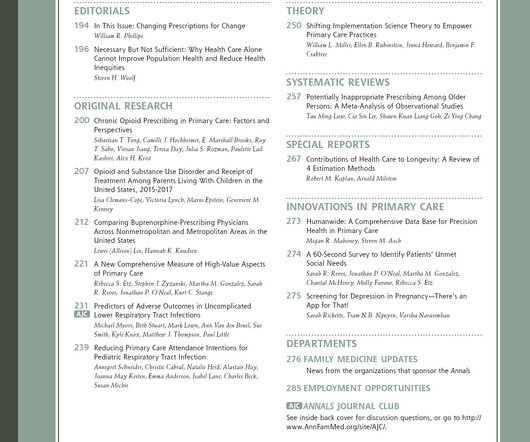
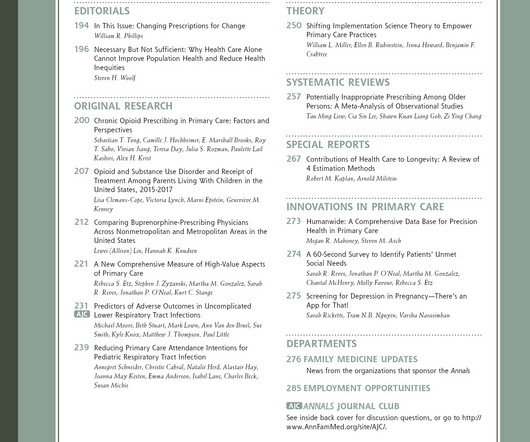

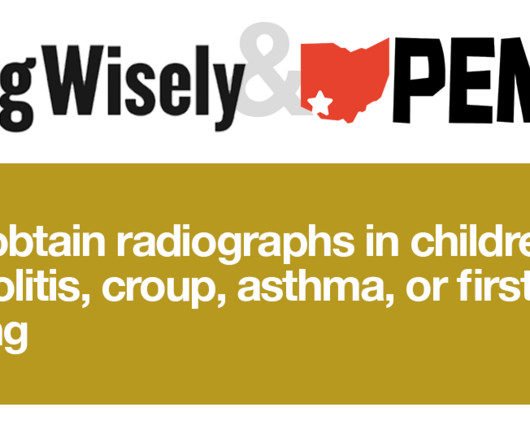



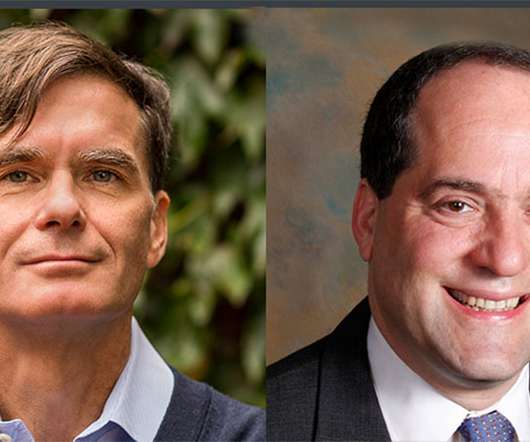
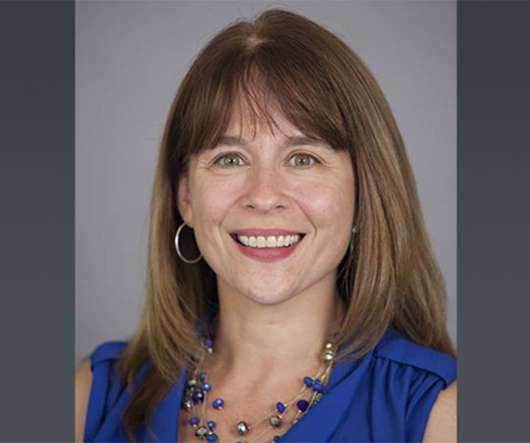









Let's personalize your content